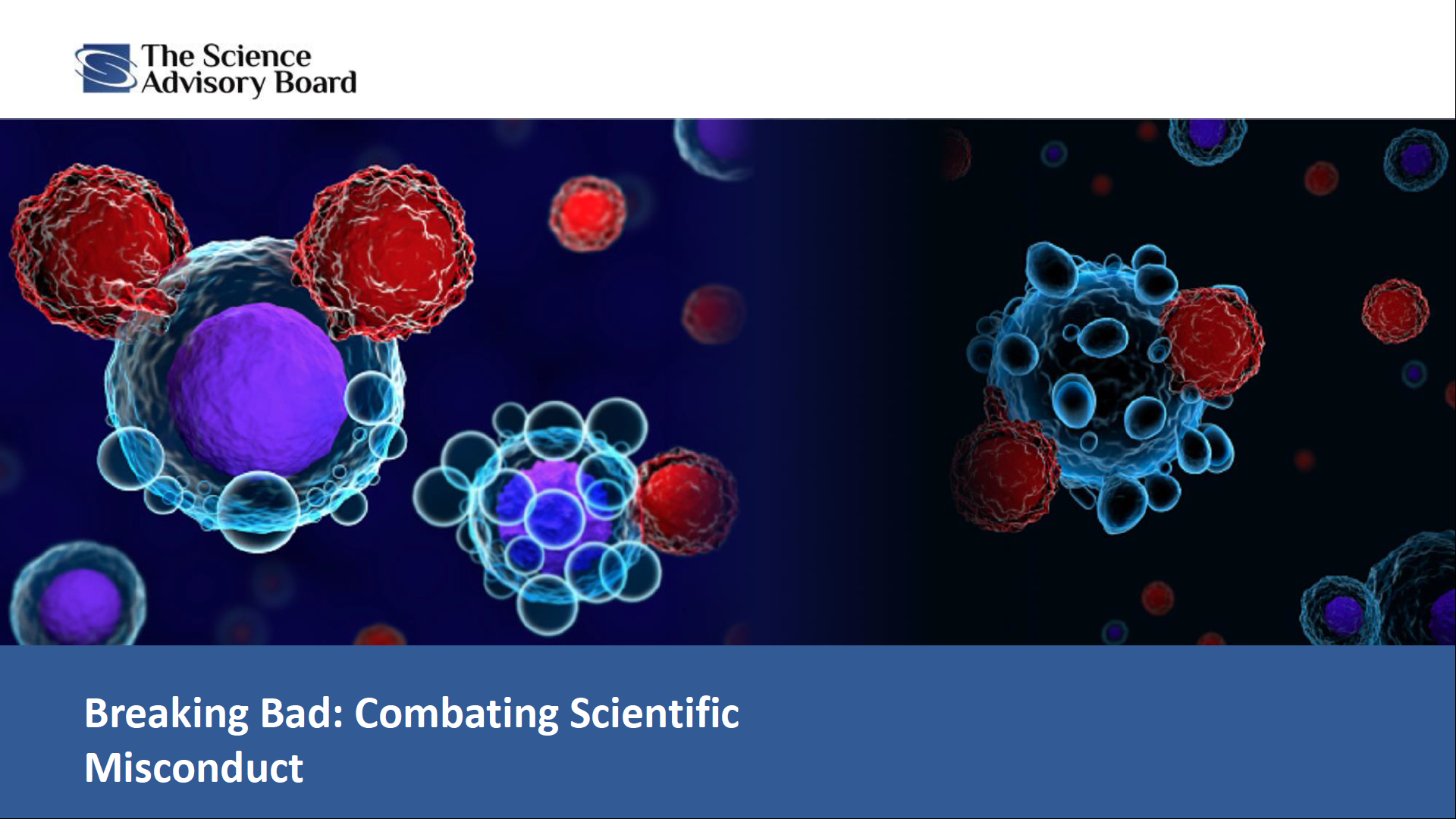December 20, 2018 -- The scientific community is one of skepticism. The guarded interest of researchers and peer reviewers upholds a key understanding of scientific knowledge -- that any hypothesis is only as strong as the evidence that supports it.
Click here to access our full report on scientific misconduct.

Indeed, this kind of scrutiny is baked into the scientific method itself. Good experiments should be replicable to remove the possibility that the results are due to chance or a mistake. Reputable scientific journals also peer review submitted papers in an effort to identify any kind of inconsistency in the studies. This default attitude of incredulity is what injects rigor into the expansive world of scientific research.
It is no wonder then that instances of research misconduct incense scientists and the public alike. The prevailing 'publish or perish' attitude incentivizes academics and industrial researchers to participate in this kind of less-than-savory behavior. Each instance of misbehavior undermines the faith of the scientific community as a whole, especially in the eyes of the public.
Clearly the implications are high. This is what drove the Science Advisory Board to learn more about the prevalence and nature of scientific misconduct. We interviewed over 600 scientists of various disciplines from around the world to understand their observations and thoughts on the subject, exploring a number of different avenues.
We sought to learn how often scientists reported observing misconduct firsthand. We asked, "have you ever personally witnessed or been informed that a colleague has engaged in scientific misconduct?". Our results indicated that misconduct was prevalent, with 49% of respondents reporting "yes", 41% reporting "no", and the remaining 10% electing not to answer. While these results may seem alarming, it is important to remember that selection bias may affect them, since it's possible that scientists who did witness misconduct might be more likely to participate.
Our report details this question and several others, providing a rare glimpse into the murky waters of misconduct. In addition to prevalence, we also studied different types of misconduct, a scientist's reported action after learning of misconduct, regional differences, and if and how institutions disciplined offenders.
By better understanding scientists' observations of misconduct, we gain insight into how to identify and combat it. Both researchers and private citizens can foster a community that is accountable, honest, and faithful to ethics in science.
Click the image below to view the full-length study on research misconduct.

What do you think? Have you witnessed misconduct? What are your thoughts on our report? Write a comment in the Forums!
Copyright © 2018 scienceboard.net






